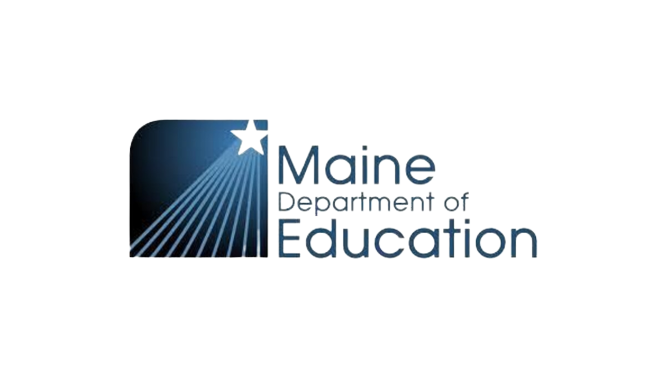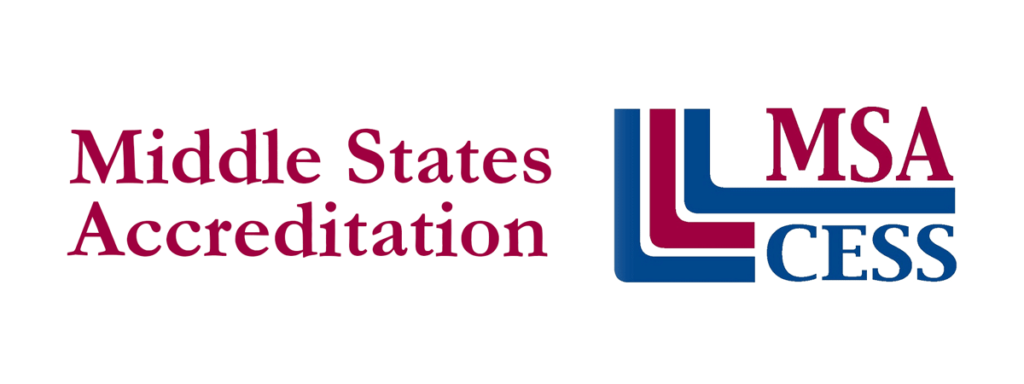The Law: Private Schools in Maine
NARHS and The Law
Details and narratives on these items are explained below.
- NARHS is listed on Maine’s Department of Education web site.
- NARHS fulfills Maine law and provides “equivalent instruction” under the guidance of our state-certified teachers.
- The Maine Department of Education’s School Approval Office has supplied NARHS with a letter verifying our status as a recognized private school.
- Students in all 50 states, as well as international students, are served by North Atlantic Regional High School.
1
NARHS is listed on the State of Maine’s web site under the Dept. of Education’s educational directory.
This listing identifies NARHS’s status as authorized under Maine law and “recognized by the department as providing equivalent instruction.” (more below in item 3)
Currently, Maine private schools qualify for this status and have an estimated 11,000 Maine students. As you can see, NARHS is one of them.
Click here to see our listing on the Maine Department of Education website.
(The list is alphabetical. Find us under North Atlantic Regional High School”)
We hope you find that this listing alone is enough to offer validation that NARHS is authorized under state law and recognized by the Department of Education as providing equivalent instruction, and that our status is, indeed, “equivalent.”
2
NARHS fulfills Maine law and provides “equivalent instruction” as provided in the statute.
The State’s responsibility for this classification of private schools is limited. It includes authorizing and recognizing schools which are sufficient to provide “equivalent instruction” under Maine law. To emphasize this point, Maine law allows students registered in those schools to fulfill the compulsory school attendance law (truancy), which is the leverage states have to enforce compliance.
Here is the citation from the law.
20-A MRSA §5001-A, sub-§3, ¶A, as amended by PL 1991, c. 602, §1 and affected by §4 and affected by PL 1995, c. 610, §2:
“A. Equivalent instruction alternatives are as follows.
(1) A person is excused from attending a public day school if the person obtains equivalent instruction in:
(a) A private school approved for attendance purposes pursuant to section 2901;
(b) A private school recognized by the department as providing equivalent instruction;
(c) A home instruction program that complies with the requirements of subparagraph (3); or
(d) Any other manner arranged for by the school board and approved by the commissioner.”
NARHS complies with item A (1) (b).
3
The Maine Department of Education School Approval Office has supplied a letter identifying NARHS as fulfilling this provision of the law.
The letter is signed by Edwin “Buzz” Kastuck, School Approval Consultant for the Maine Department of Education in Augusta. The text reads as follows:
Dear Ms. Moitozo:
Thank you for providing our office with the letter, that outlines your intent to comply with the Guidelines for Equivalent Instruction for the purposes of Title 20-A M.R.S.A 5001-A (compulsory attendance). Please be advised that your school is in compliance with the compulsory school attendance law requirement.
Thank you for your attention to this matter.
Sincerely,
Edwin N. Kastuck, Ph.D.
School Approval Consultant

A scanned copy of the letter is available upon request.
4
Students in all 50 states and around the world are served by our school. No residency is required to work with NARHS, to earn high school credits from NARHS, or to earn a diploma from NARHS.
NARHS is not restricted to students in any certain state(s). We are free to work with any family in any state. To be awarded a high school diploma, the student must fulfill the graduation requirements for our Maine high school diploma, regardless which state they live in.
Q. Will students still qualify for in-state tuition and state-sponsored scholarships?
A. Yes.
Your residency is determined by where you pay your taxes, where you pay your utility bills, where you are registered to vote, where your car is registered, etc. That is how in-state residency is established for scholarships and lower tuition rates, etc.
Your residency is not determined by who assists with your education program, including a homeschool program. For example, if you were to use the American School in Chicago to award credits to your students, your student would earn a diploma from Illinois. If you used the University of Nebraska High School Program (another correspondence school), the high school diploma would come from Nebraska. If you used Bob Jones University’s correspondence program, the diploma would come from South Carolina. And so on. But none of that changes your status as a homeschooler, and none of it changes your status as an in-state resident.



